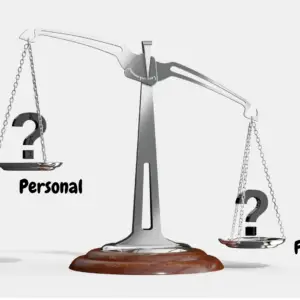One of the best methods to plan for your children education is through well structured Education Insurance Policies. Structure and benefits is one the core strengths of well thought out education insurance policies. Below are some of the frequently asked questions when it comes to choosing the best insurance plan:
(i) How much should one save in insurance education policies?

Savings is a goal thing; as such, it requires a definite purpose. When you save without a definite purpose, goal and plan, all you are doing is preserving a surplus. The downside of this approach is; – anything goes. Chances are you will spend these savings on the first want or need that arises. Always define the purpose to save, set a goal for the purpose and actualise it by drawing an actionable plan. Education insurance plans show details: target amount, duration, monthly savings and purpose – this answers this question.
The best education insurance policy should have a definite maturity sum, term and definite periodic amount – premium.
(ii) What is the cheapest premium I should pay?
Does this question sound like a repetition? Not at all; it has much to do with value. What is the value of what you want to cover? Is it your income, or is it the cost of education? The fact is, if it is cheap, you probably don’t need it. How much are you currently paying? As in the first point, the details should be in your goal and plan.
The value of education insurance policies emerges when the insured suffers an insured event. Therefore the best insurance policies must provide an option of continuity should the insured be unable to meet future premiums. Scan for waiver of premiums in the event of critical illness, permanent and total disability and total demise.

(iii) How long does the policy run for?
Plan, plan and plan! Hearsays and prophecies do not provide a solution. When you know the purpose, it is easier to set a goal. The easiest way to overcome this block is by checking your child’s age and current grade level. The projection will give you an indication of how long you should save. Also, covering the entire journey of your child’s education brings gives you peace of mind – education insurance offers you this. Goal setting is an art – you can simplify the process with the SMART tool. Read more
(iv) Why should I save through education insurance policies?

Here we always encounter the conversation about banks and Saccos. The underlying concern here is; safety, liquidity and credit. The understanding here should be to recognise that every financial services institution exists first to provide a core service. Banks and Saccos are not an exemption from this.
Insurance core service is to protect against unforeseen events. The service covers definite purposes, definite terms and definite maturities – all components of growth milestones. Research has shown that it is one of the best ways to build a culture of savings. For clarity, education insurance policies guarantee to fulfil the promise – you won’t get with the other options.
(v) Are insurance savings safe, available when needed, and can I access credit?
These are the words to keep on top mind: definite purpose, definite term, definite maturity. All you need to do is pay your premiums; then the insurer plays their part.
Credit: some policies have a loan option based on the accumulated cash value – commonly referred to as surrender value.
Cancellation: the policy must contain a non-forfeiture clause. It stipulates the conditions on what happens upon pre-mature cancellation.
The game changer could be your agent. Planning is an art; therefore, ensure that your agent understands your needs and aspirations.

IMPORTANT: READ AND SEEK CLARITY ON ANY RESERVATIONS
“Life Insurance is a mitigation to the risk of your life. Financial Freedom is a mitigation to the risk of living your life!! Choice has always been yours.” – Monoj Arora
Take Away
Using education insurance policies to save for education is just one of the ways to cover future expenses. Those who elect to go this way cite; peace of mind, uncertainty and shortage of savings as the key motivators. The bottom line is that; insurance is one of the most valuable components of a sound financial plan. Whether you use it as a means of saving or just for pure protection, the fact stands.




